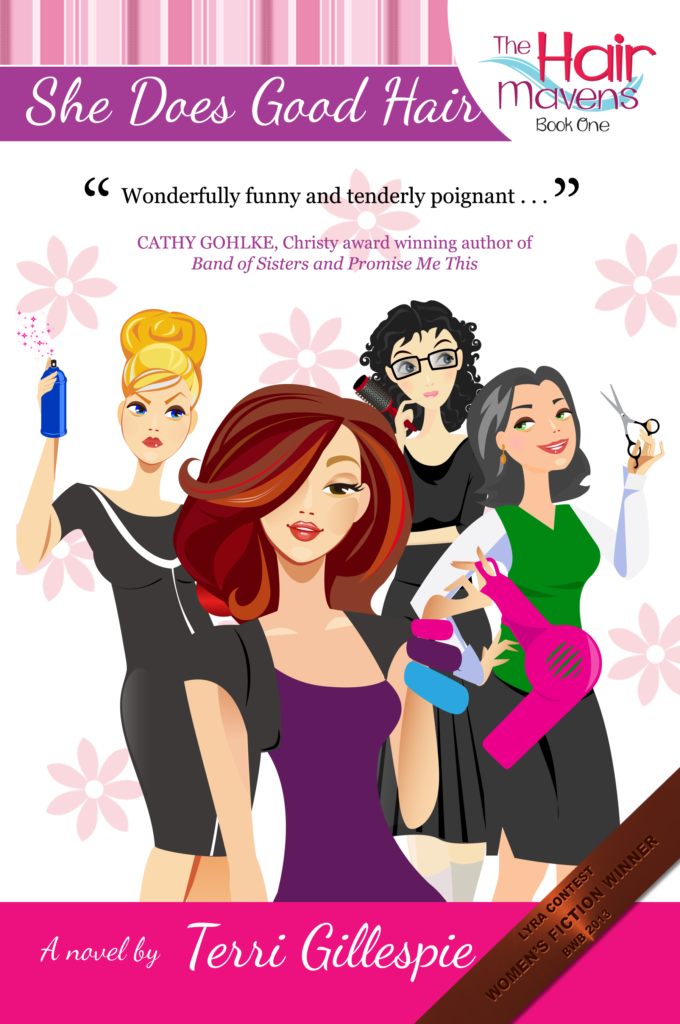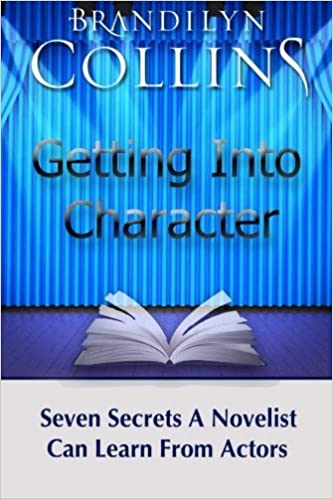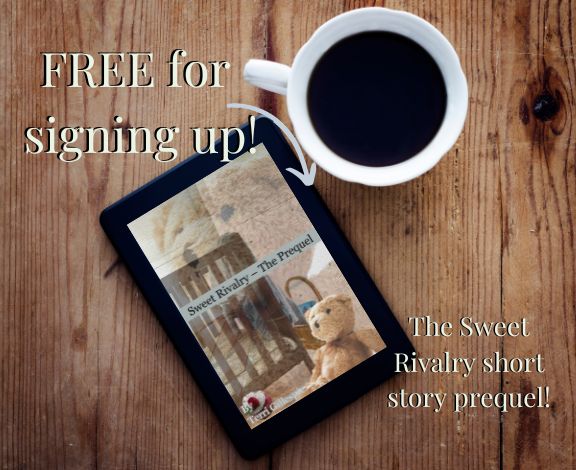The Meat and Potatoes of a Novel
I have a friend who was an executive at a major financial institution in Manhattan. He was and is an incredible idea person. One bit of advice he used to give me was, “Terri, you just need to find time to put your feet on your desk and let your mind go. Think of the possibilities.” His counsel was to invest in the creative side of our brain because that was were innovation grows.
At that time, I was working 50-60 hours a week, so I thought he was crazy. Nevertheless, he was right. Unless we dream, we are stuck doing the same thing over and over again. Innovation takes time—feet-on-the-desk time.
In the writing world, it is imperative for us to take the time to dream. To listen for God’s still, small voice (1 Kings 19:12). We begin with observation and allowing our mind to have freedom to dream. Thinking of all sorts of things or talking with all sorts of different people or watching people. Like a tree shedding its leaves for autumn, ideas will begin to fall.
A few of those ideas might resonate—most times, I’m not even sure why they do, except it is divine inspiration. As I ponder further, the question all writers look to reveal itself is: What if?
The “what if” is the meat and potatoes of a novelist because it is the foundation to our story.
What are examples of a “What if?”

My first novel, She Does Good Hair, book one of the Hair Mavens series, the story’s “what if” happened while sitting in my hairdresser’s chair. I wondered, what would happen if a young successful woman who had lost her way spiritually, suddenly loses everything and must now go back home and start over?
The next “what if” created conflict. What if, God wanted her to not only return to Him, but create a community of women that would do good for others. So, what if, the women God chose for this character to befriend were the exact opposite of who she wanted in her life?
Once the “what ifs” grew, a story came together.

One of my favorite authors, Brandilyn Collins, wrote a great book for writers, Getting into Character—Seven Secrets a Novelist Can Learn from Actors. In it she defines great fiction as the Five C’s: convincing characters caught in compelling conflict.
Conflict is that fire and iron that sharpens our characters and moves our story along. And here is where the “what ifs” get meaty.
In She Does Good Hair, I needed more conflict for my protagonist so I looked for the things she believes she would never want. One of the top “I won’t evers” is to like the other hairdressers—so, what if they did things that endeared themselves to her. What if some of the ladies did the opposite—make her life miserable? But they did it for good reasons?
As you can see those “what ifs” are crucial to the novelist. It’s one of our little secrets. The next time you read a novel, see if you can spot some of the what ifs. What if you do? Then you might just discover that you understand the characters better, and perhaps even enjoy the story even more.
Watch for those What ifs . . .



